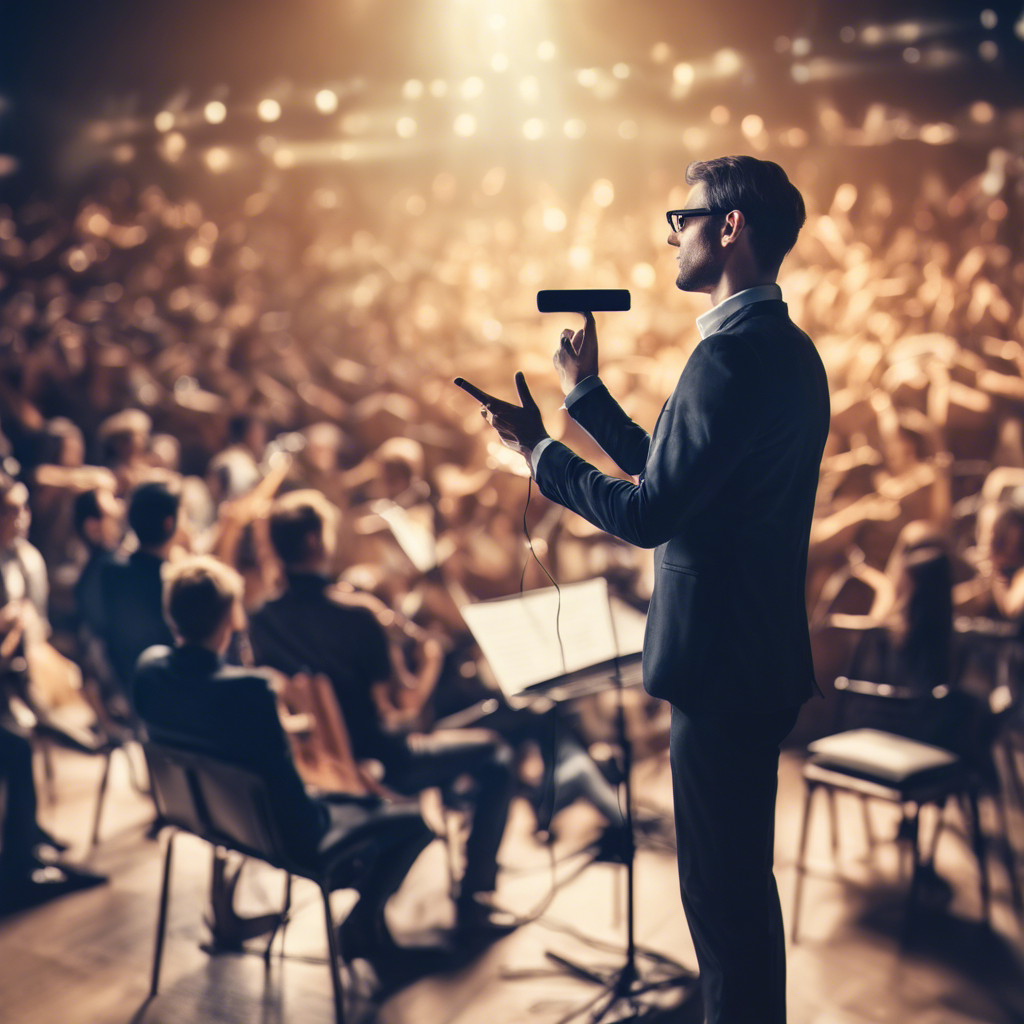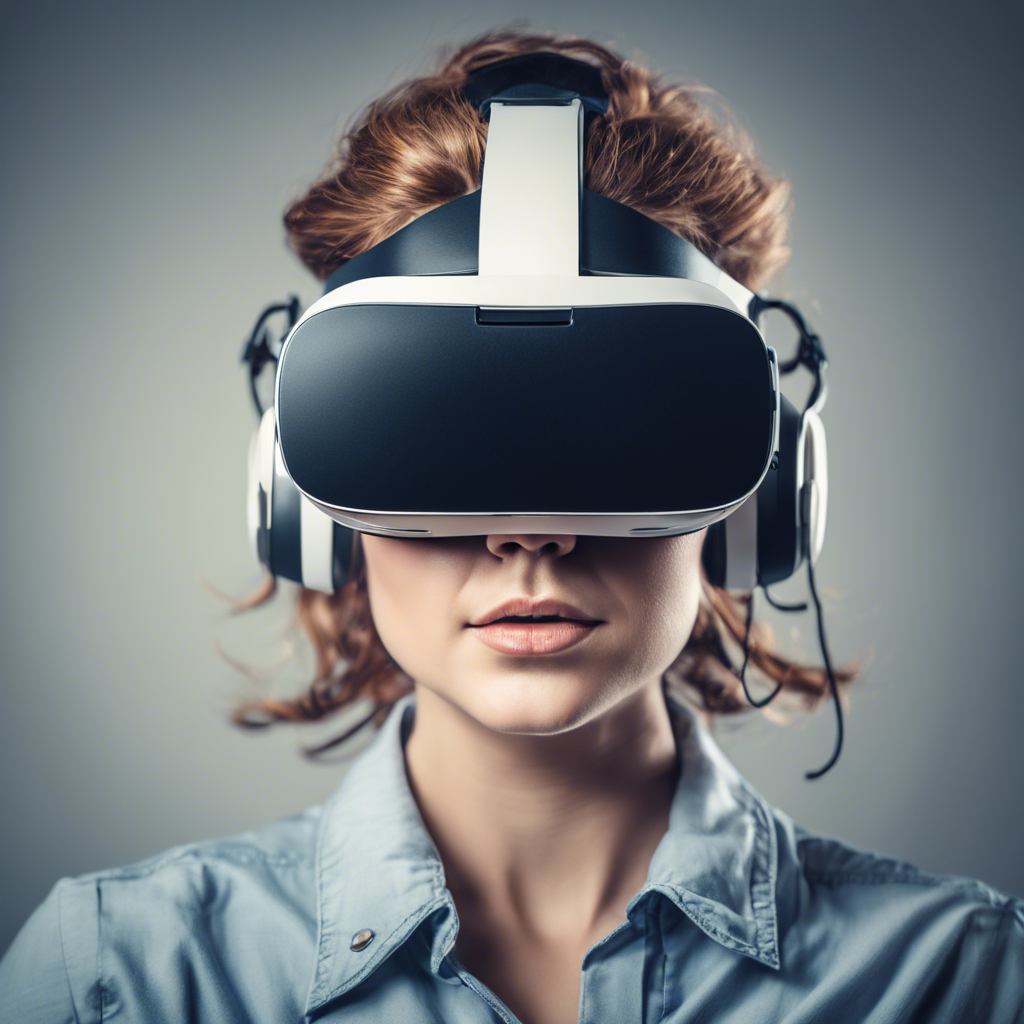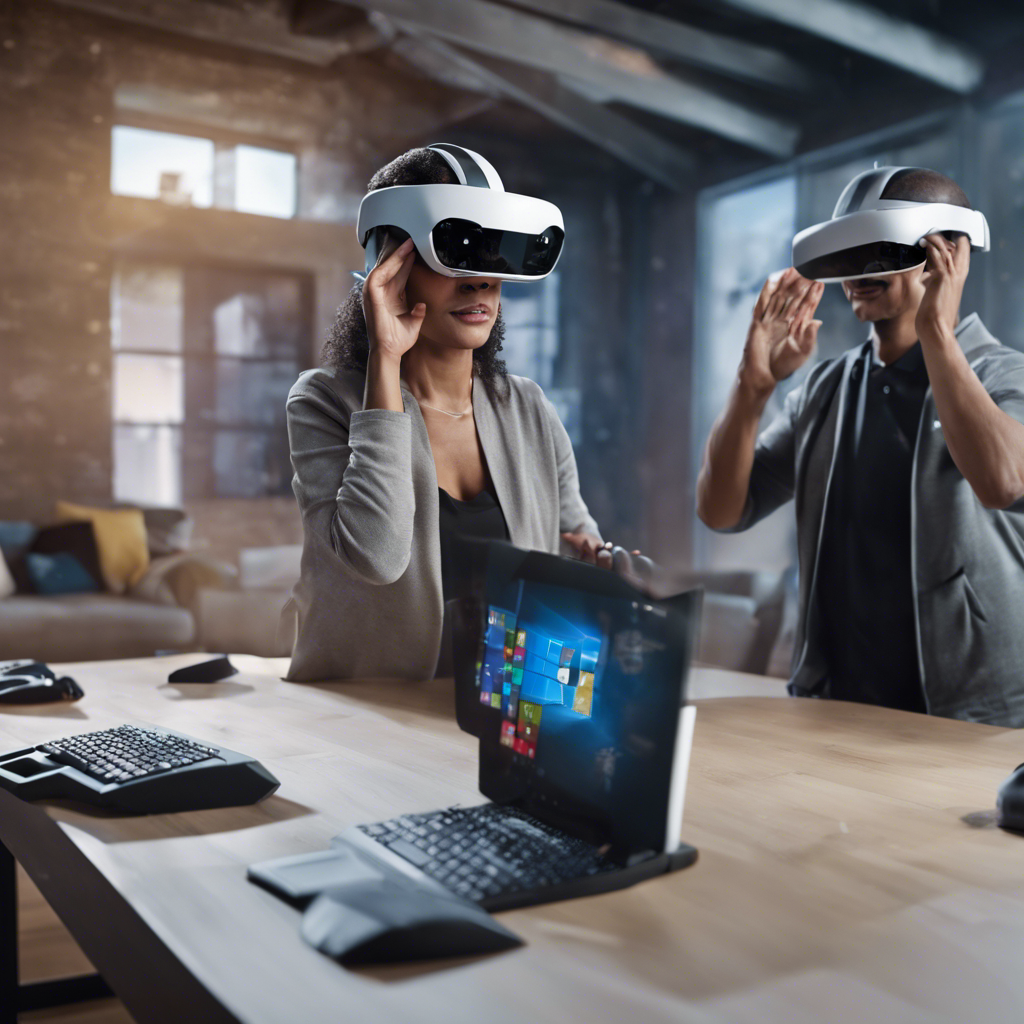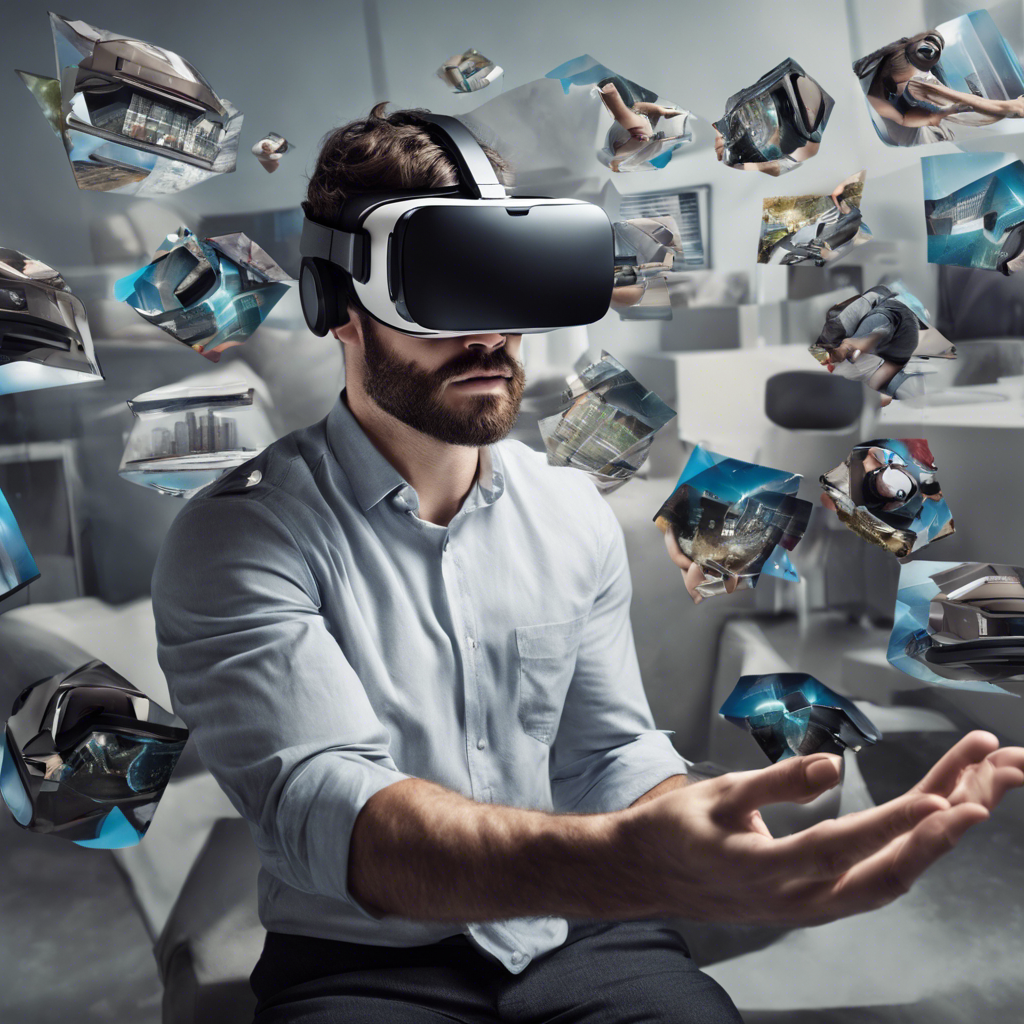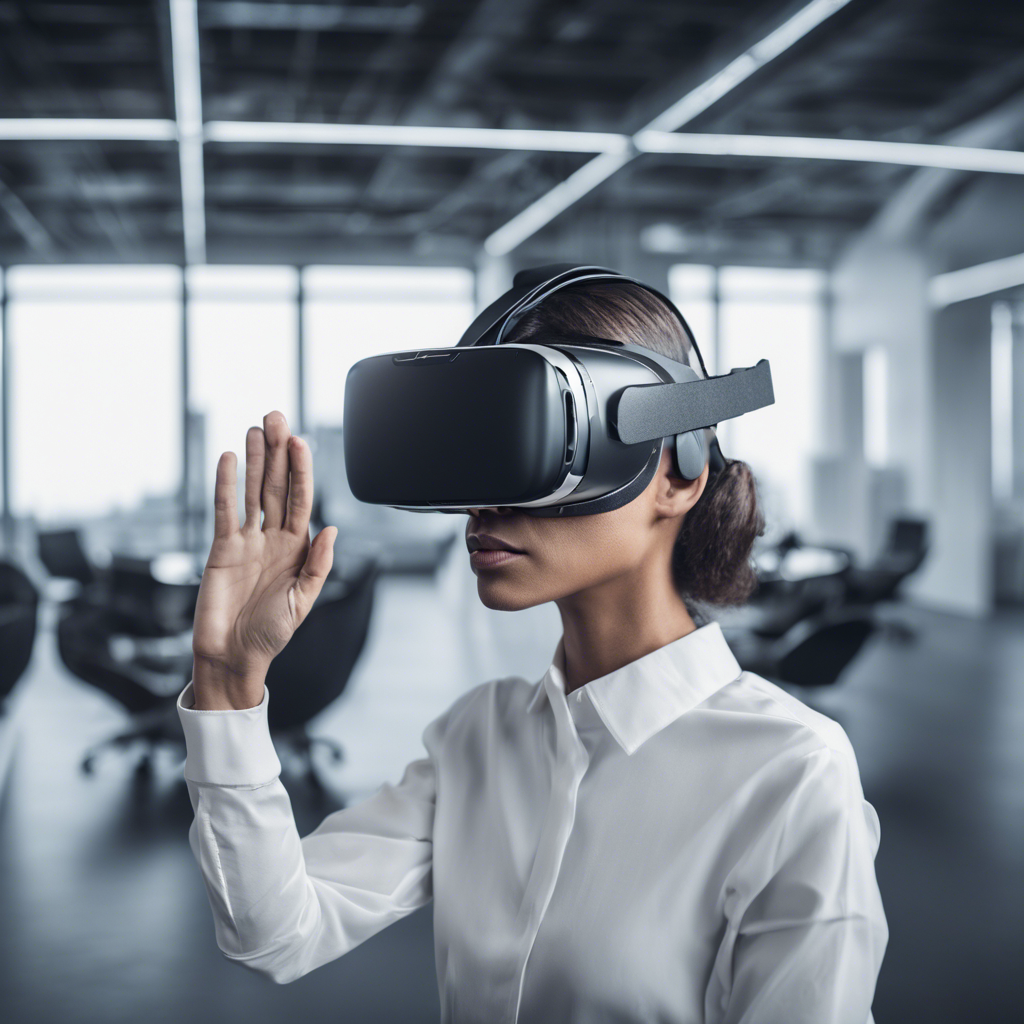Technology is revolutionizing the music industry, with virtual concerts offering unique experiences and increased accessibility.
In a world where technology continues to shape our daily lives, it comes as no surprise that the music industry is also embracing the digital revolution. Virtual concerts, where musicians perform as avatars in digital realms, are gaining popularity and challenging the traditional concept of live performances. While some may argue that the absence of a physical performer detracts from the authenticity of the experience, research suggests that our emotional responses to avatars in virtual concerts are comparable to those in real-world interactions. This article explores the growing trend of virtual concerts, their impact on fans, and the unique benefits they offer.
Bridging the Gap Between Reality and Virtuality
Virtual concerts have come a long way since their inception. From KISS and ABBA performing as de-aged avatars on massive screens in arenas to the late rapper Notorious B.I.G.’s virtual reality performance in the metaverse, technology has allowed musicians to transcend the limitations of physical space and time. The latest example is The Weeknd’s virtual concert in Fortnite, where his avatar took the stage and attracted over 800,000 virtual attendees. These virtual concerts blur the lines between reality and virtuality, offering fans an immersive and interactive experience.
Perception and Memory in Virtual Reality
While some may argue that virtual concerts lack the authenticity of live performances, research shows that our brains perceive virtual interactions similarly to real-world experiences. Our social responses to avatars, even those controlled by artificial intelligence or with appearances that deviate from our expectations, are comparable to those observed in face-to-face interactions. Moreover, moments shared in virtual reality are stored in our autobiographical memory, just like lived experiences. Whether through immersive headsets or flat screens, virtual concerts have the power to evoke emotions and create lasting memories.
The Future of Live Events
Virtual concerts should not be seen as a replacement for in-person live events but rather as a complementary experience. They offer unique benefits that both fans and musicians should consider. Accessibility is a key advantage, as virtual concerts can break down barriers for fans with disabilities, addressing a long-standing issue in the music festival scene. Additionally, the COVID-19 pandemic has demonstrated the safety concerns associated with large public gatherings. Virtual venues provide a safe alternative for immunocompromised fans to enjoy live music without putting their health at risk.
The Impact on the Music Industry
Virtual concerts have the potential to revolutionize the music industry. They offer new revenue streams for artists, as virtual tickets and merchandise sales can generate income even without physical venues. Musicians can reach a global audience without the constraints of touring logistics, potentially expanding their fan base and increasing their reach. Virtual concerts also provide opportunities for creative collaborations and innovative performances that push the boundaries of traditional live shows.
Conclusion:
As technology continues to evolve, virtual concerts are becoming increasingly popular and influential in the music industry. While they may not replace the magic of live performances entirely, virtual concerts offer unique benefits, including accessibility and safety, while still evoking emotional responses and creating lasting memories. As fans and musicians embrace this new frontier, the future of live events will undoubtedly be shaped by the blurring of the lines between reality and technology. Whether it’s a virtual stage dive or an immersive VR experience, the virtual concert experience is here to stay.







